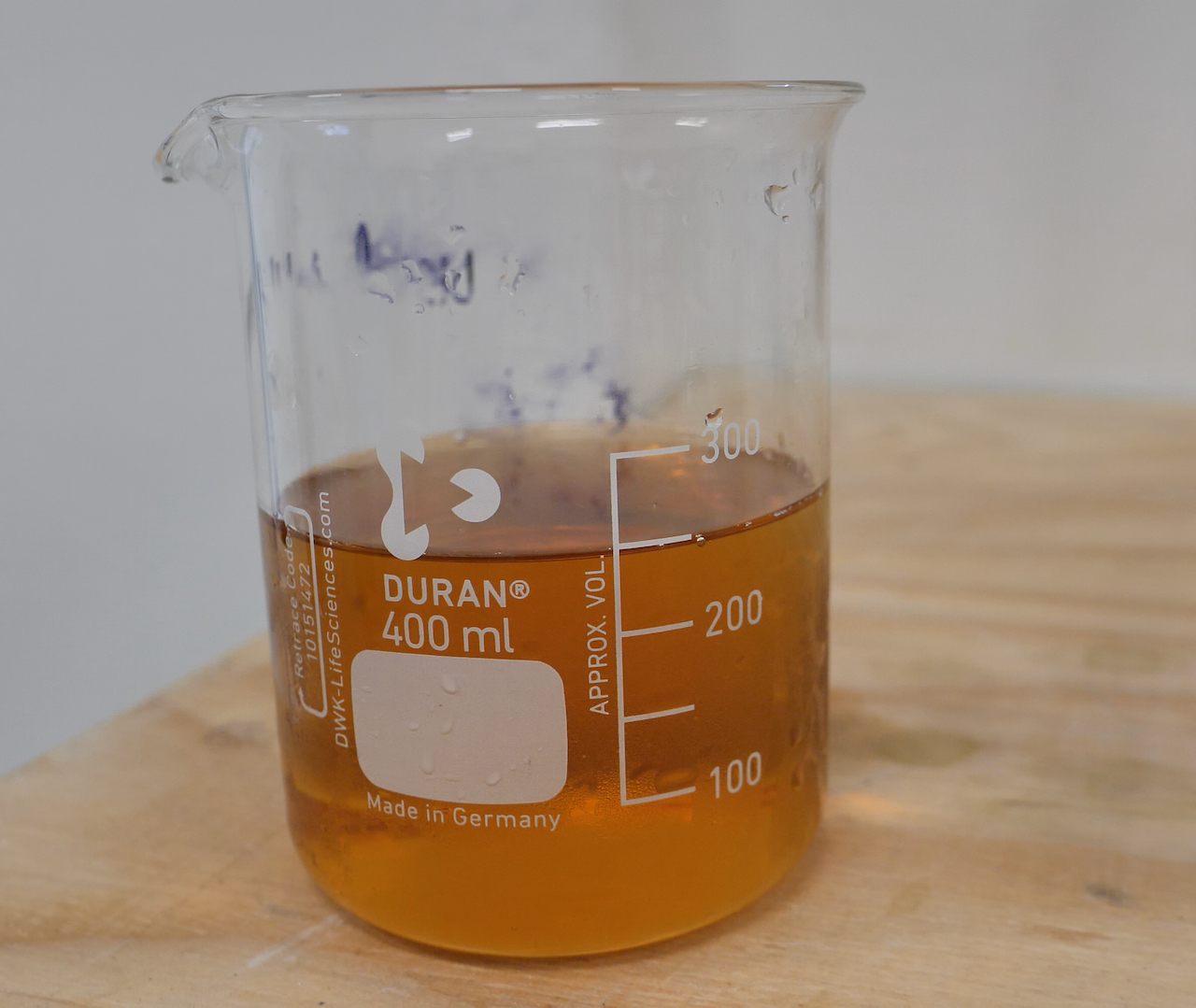Purina is supporting a consortium study aiming to explore the role of seaweed-based biostimulants on soil health and plant performance. As part of Purina’s net zero commitment and journey towards regenerative agriculture, this 3-year study will test the potential impact of seaweed-based biostimulants on cereal crops, and assess their ability to help the plants adapt to abiotic stress conditions while maintaining the yield.
The research consortium includes a Postdoc research project at the Laboratory of Plant Sciences at Wageningen University. Under supervision of Dr. Rumyana Karlova, Francesco Cristofano will conduct the Postdoc research aiming to understand the molecular interactions within the plants and crops after application of giant kelp biostimulant. Previous research has shown that seaweed biostimulant is able to improve plant resilience to abiotic stress, soil health, crop quality and nutrient use efficiency. This study will use giant kelp biostimulant and is aimed to reveal what happens in the plant’s metabolism.
The consortium will include on-farm field trials aiming to investigate how seaweed extracts applied to crops might improve soil health and plant responses to abiotic stresses (e.g. drought conditions) and evaluate the potential to reduce the amount of synthetic fertiliser while maintaining yield.
Read the press release and European Food Agency News article for more information.
Image below: biostimulant made from giant kelp
